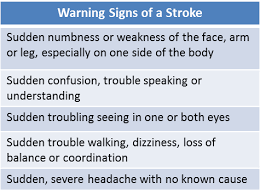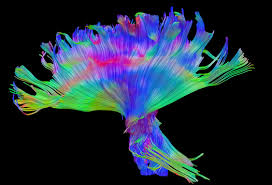Summary: Brain Plasticity and Brain Injury

No matter the type of brain injury, scientifically proven brain training exercises like the ones on BrainHQ, can be used as part of the recovery process. There are over a million brain injuries sustained each year in North America, and they are the leading cause of death and disability globally. Read more.
Stroke and Brain Plasticity

The statistics surrounding strokes are fairly startling. That’s why it’s so important to know and be able to identify the signs of stroke for an optimal outcome. Stroke is the third leading cause of death in North America, affecting women more than men. And for each hour of delay in treatment, the brain loses as many brain cells as 3.6 years of aging. Read more.
Brain Injury and Concussion in Sport

In the last few years, concussion in sport has become a recurring headline. The NFL has recently stated that up to a third of its retired players will develop long-term cognitive problems. And while professional sport bodies such as the NFL and NHL have begun to monitor the rates of concussion and to reassess their return-to-play policy, both leagues still struggle with the issue. Read more.
Brain Plasticity and Brain Injury

It seems that every passing day there’s a new story about concussion in sport, and the measures being taken to protect the health of professional and varsity athletes. Brain injury, however, is not limited to the playing field. Every year there are roughly 1,050,000 brain injuries sustained in North America (1 million in the USA and 50,000 in Canada). Read more.
The Science Behind BrainHQ Driving Cognitive Training

Our brains ultimately hold the key for safer driving. It is up to us to engage it to maximize its performance and we’ll be rewarded in countless ways. Read more.
Brain Training Sharpens Driving Skills

At its most basic level, our overall mental sharpness begins with our senses. After all, if we don’t first register and record information with detailed accuracy, how can we hope to accurately process it when our brain is called upon to react with split second precision to avoid a potentially fatal road hazard? Read more.
Driving Cognitive Training

Welcome to our latest blog series focused on the all-important topic of driving. Just hearing the word evokes deeply-ingrained emotions with so many of them closely tied to our early life adventures of carefree cruising down the open roads. Read more.
Summary: Brain in the Internet Age

No matter where you may stand, there certainly are valid pros and cons with respect to Internet usage and how they impact the brain. Some of the key points we addressed in previous blogs on both sides of the Internet brain debate spectrum include... Read more.
Steps to Optimizing Brain Performance

The one certain benefit that the Internet affords us in abundance is access to information. Being able to easily decipher the mounds of data to find what is actual empirical fact from what is simply hip marketing fluff though is an entirely different story. Given that we live in a cultural age that is increasingly defined by visual cues, and where many avid Internet surfers merely skim headlines and gloss over texts, getting to the factual substance of any matter is no easy task. Read more.
The Pros of Internet Usage on the Brain

Love surfing the net? Some good news is in store for you then. Featured in a recent edition of the Oxford Journals of Gerontology, the research shows that digital literacy could be contributing to better performance in delayed memory recall based on the data gathered from 6,400 British adults over the age of 50. Read more.
<< < Page 3 of 8 > >>






 English
English
 Français
Français


